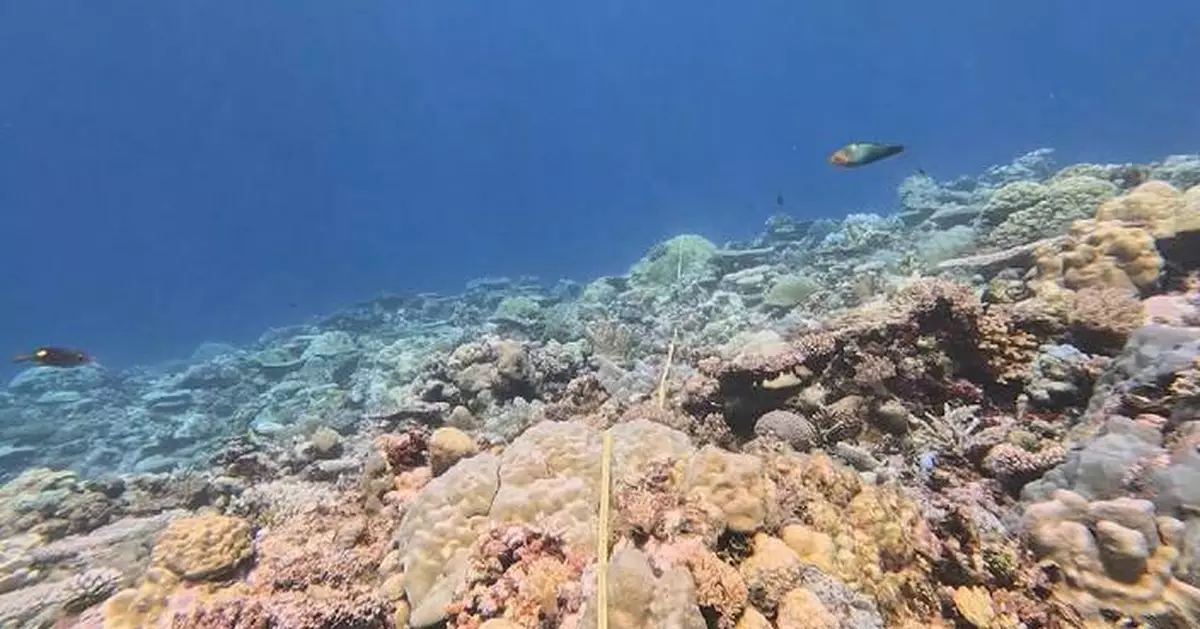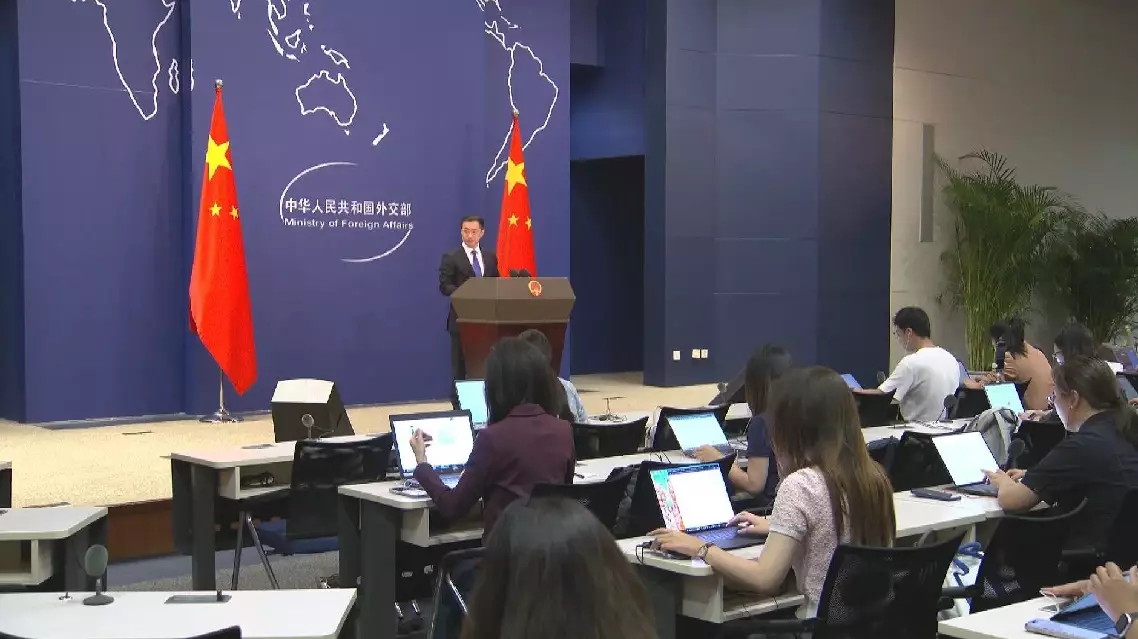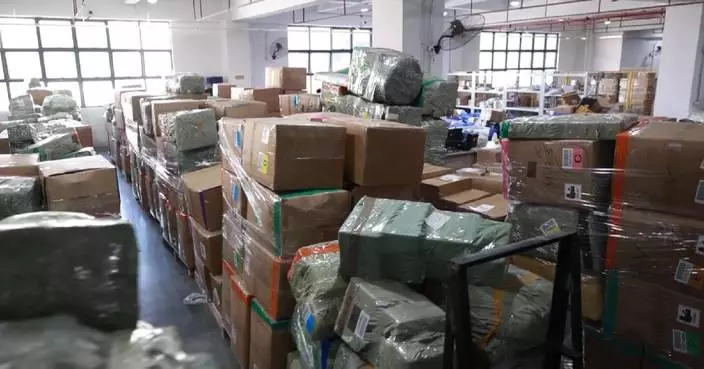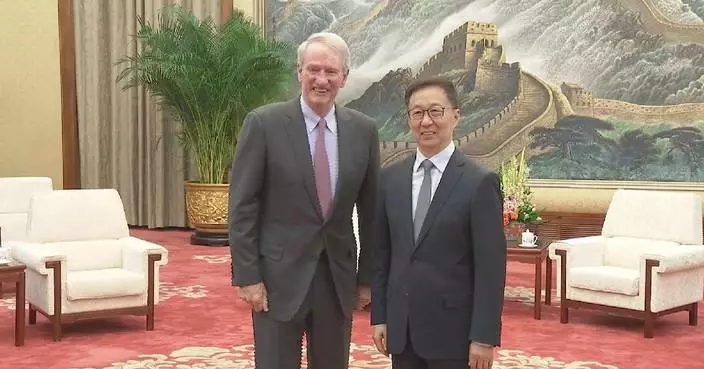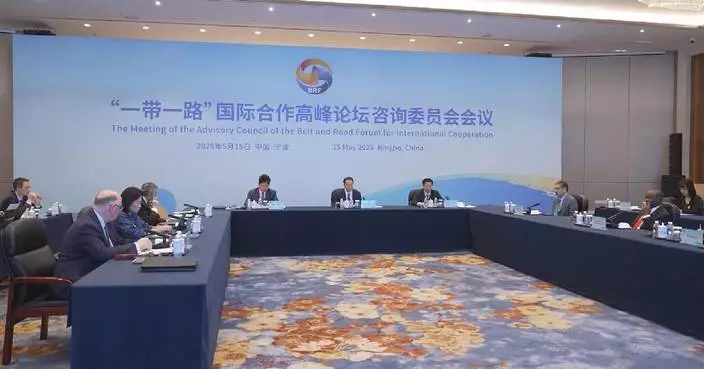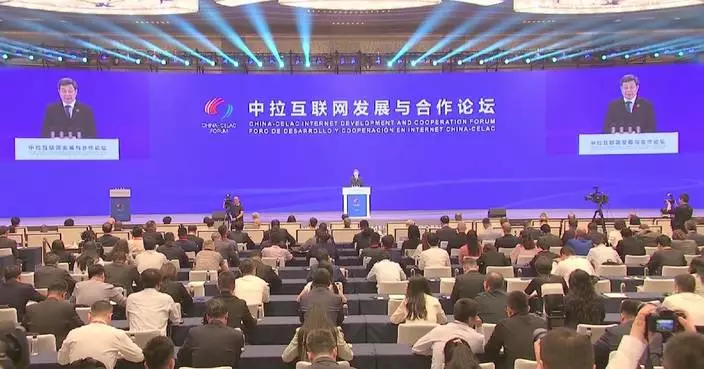The illegal maritime activities of unauthorized Philippine vessels could harm the coral reef ecosystem at Xianbin Jiao of China's Nansha Qundao, according to a report released on Friday.
The report named "A Survey Report on the Coral Reef Ecosystem of Xianbin Jiao" was compiled by the South China Sea Development Research Institute, the South China Sea Ecological Center and the South China Sea Survey Center, all affiliated with the Ministry of Natural Resources.
It found the coral reef ecosystem at Xianbin Jiao generally healthy, with a high coverage of diversified species of reef-building corals. Sporadic corals have bleached due to the water temperature increasing seasonally. Common coral diseases are not detected.
The report noted that Xianbin Jiao is home to abundant species of coral reef fishes, and benthic macro-invertebrates and rare creatures were found there. The habitat quality of the reef area is generally good.
However, the report revealed that reef-building corals at local areas of Xianbin Jiao is threatened by hostile organisms, fleshy macroalgae and human activities.
There are many ships operating in waters of Xianbin Jiao. In particular, there are amounts of Philippine ships in the lagoon without China's permission. The anchoring, mooring or fishing by those ships may affect the normal growth of corals in the area, the report noted.
"In the Xianbin Jiao area, there are considerable maritime activities, especially within the lagoon, where a significant number of unauthorized Philippine vessels have gathered. The anchoring and fishing activities of these vessels could potentially affect the normal growth of coral in the region," said Huang Huamei, vice president of the South China Sea Development Research Institute of China's Ministry of Natural Resources, at the press conference in Beijing that released the report.
The report rebutted the Philippines' false accusation that China dumped coral debris at Xianbin Jiao and caused massive coral bleaching and death in the area.
Xianbin Jiao currently has six naturally formed cays and three of them are above water at high tide. Sediments on the cays at Xianbin Jiao and in the adjacent waters are highly homologous with no land-based substances found, the report noted.
Analysis showed that the cays at Xianbin Jiao have sufficient materials supporting their development and formation, and their locations and geomorphology comply with natural laws. The natural movement of cays has damaged the surrounding corals, but to a limited extent, the report added.
"At the same time, frequent human activities in the Xianbin Jiao and nearby waters also pose a significant threat to the health of the coral reef ecosystem in the area. As for the Philippine claims that China has artificially accumulated coral fragments at Xianbin Jiao, leading to widespread coral bleaching and death, such statements lack scientific and factual basis," said Huang.
Going forward, efforts will be intensified to conduct research, assessment, and protection of Xianbin Jiao and the surrounding waters. The aim is to minimize the adverse impacts caused by high-intensity human activities and other external factors, in order to maintain the diversity, stability, and sustainability of the coral reef ecosystem at Xianbin Jiao, the official added.
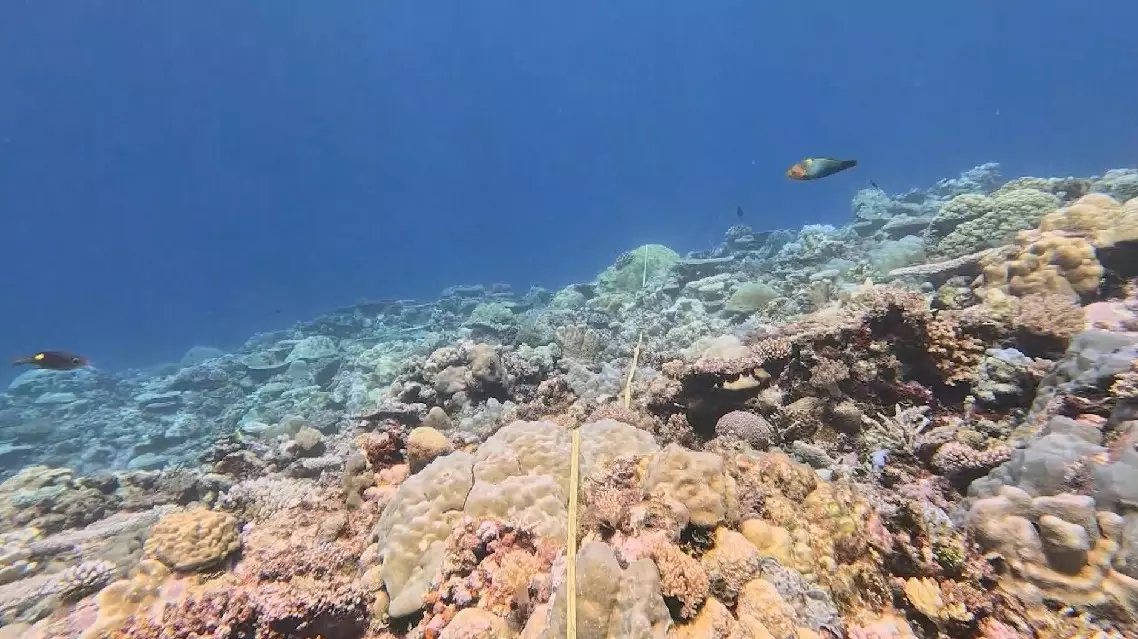
Illegal maritime activities of Philippine vessels harm coral reef ecosystem at Xianbin Jiao


